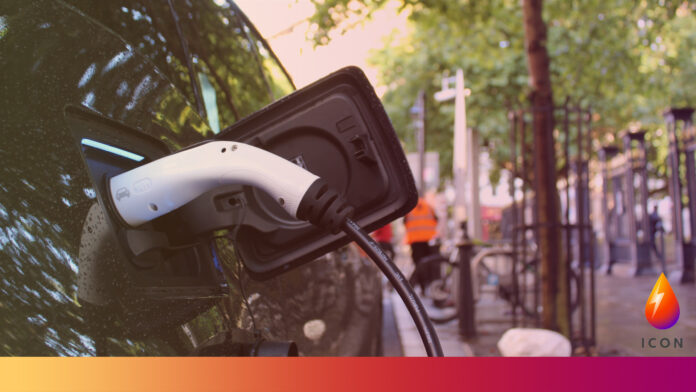
The Geospatial Commission has launched a discovery project to explore how location data can be better utilised to support planning and delivery of electric vehicle (EV) charge points by local authorities.
Undertaken by Frazer-Nash Consultancy, the Geospatial Commission discovery project includes workshops with 10 local authorities to identify challenges and opportunities for better use of location data in the rollout of EV chargepoint infrastructure.
Dr Steve Unger, Commissioner at the Geospatial Commission, commented on the announcement: “Location data will play a key role in planning the UK’s transition to electric vehicles and help make net zero a reality.
“Through this project, the Geospatial Commission will understand the challenges faced by local authorities who wish to exploit location data. By working together, we will be able to unlock the potential for data-driven innovation in transport.”
This project will support the approach set out in the government’s Electric Vehicle Infrastructure Strategy, which focuses on enabling the rollout of a robust EV charging infrastructure network by 2030.
Setting out a vision and approach for EV infrastructure roll-out and expectations of key stakeholders, the Strategy identifies addressing barriers to data sharing as important to enable decision-making.
These local authorities are involved in the project:
- Oxfordshire County Council
- City of York Council
- Norfolk County Council
- Greater Manchester Combined Authority
- West Sussex County Council
- Cornwall Council
- Kent County Council
- Leeds City Council
- Wiltshire Council
- Cheshire East Council
This new project builds on the findings of the Geospatial Commission’s Positioning the UK in the Fast Lane report, which identified that supporting the effective use of location data and systems is vital for the UK to have the best charging infrastructure in the world and meet net zero targets whilst driving economic growth.